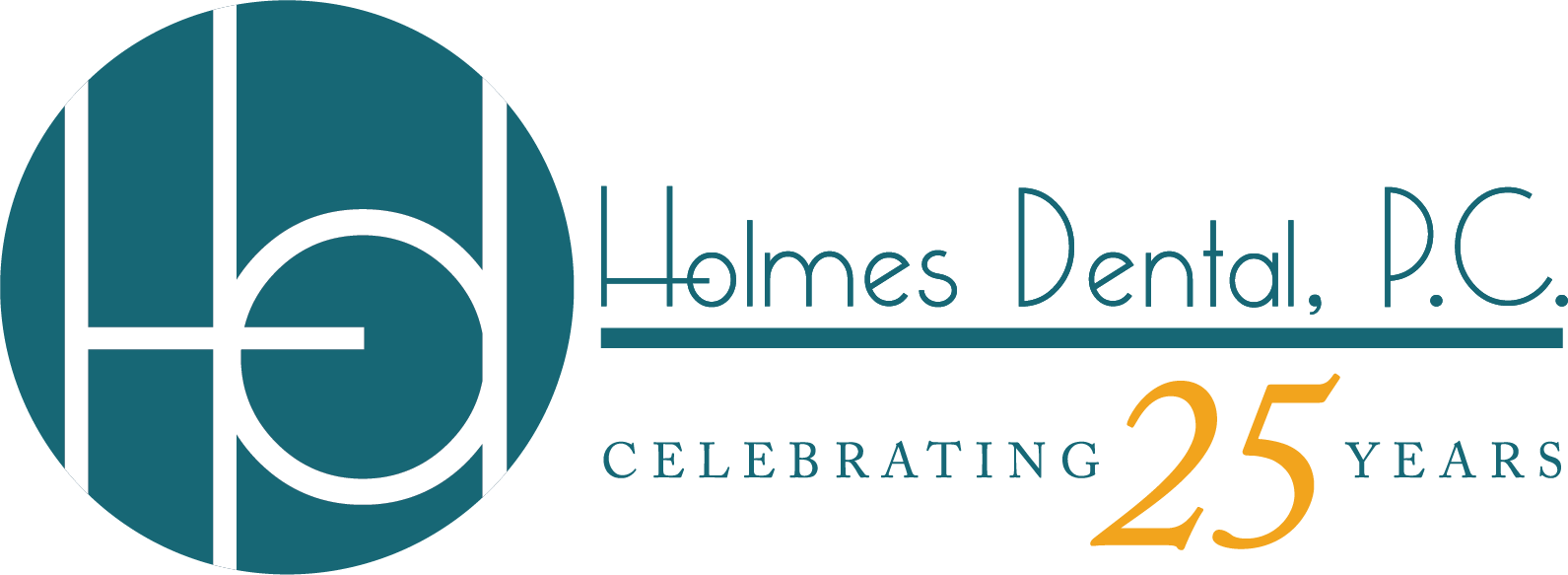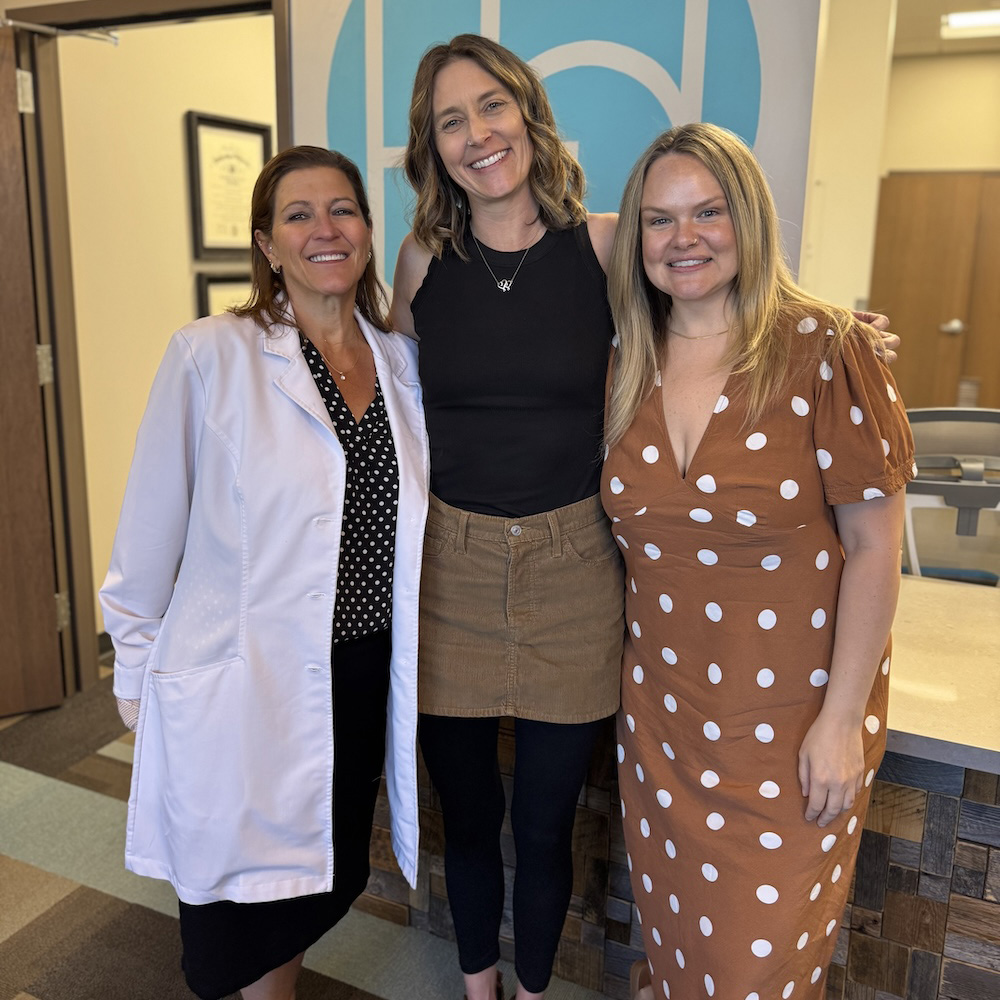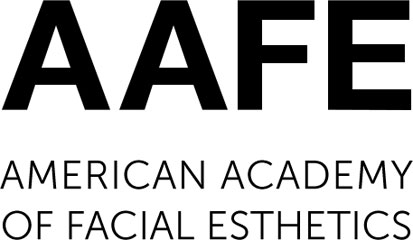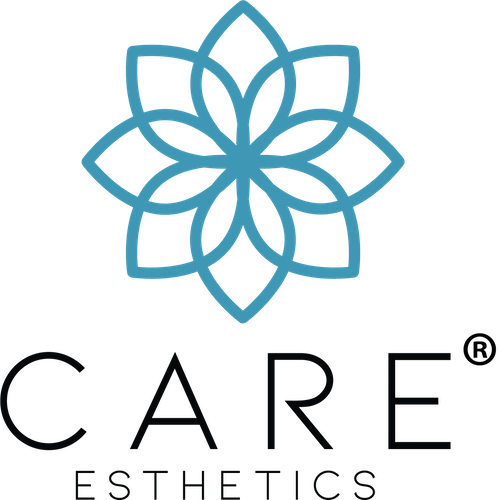Every day you brush and floss your pearly whites. While you are removing the buildup of plaque, you are protecting the health of your teeth and gums, staving of tooth decay and gum disease. While your mouth is home to millions of bacteria, many can be transferred to your toothbrush along with saliva, blood, oral debris and toothpaste as you clean. Cleaning your toothbrush after you are finished is important, so rinse your toothbrush well after every use.
The American Dental Association recommends cleaning your toothbrush once a week. Both the ADA and the Council on Scientific Affairs recommend the following for the care of your toothbrush:
Sharing: Don’t share! Sharing your toothbrush with someone allows the exchange of body fluids and bacteria, and this can be harmful if you have an infection, or have a weakened immune system or one of you has an infectious disease.
Storage: After you brush those pearly whites, store your toothbrush in a place that allows it to stand upright and preventing the bristles from touching things. If you are sharing a receptacle with others, the bristles should not touch each other to avoid cross-contamination.
Air-dry: Although there are toothbrush covers on the market that cover your toothbrush, the ADA advises against it. Closed containers trap moisture, making it a breeding ground for microorganisms. For day-to-day use, allow your toothbrush to air dry after each use. Unless you are traveling, keep your toothbrush free to air-dry.
Over time, with daily use, your toothbrush bristles will fray, wear down, and splay. This means they will lose their effectiveness to clean your teeth properly. Although the ADA recommends changing your toothbrush every 3-4 months, check the bristles periodically and replace them when they are frayed. Children and (and adults) can sometimes fray them sooner if they chew on the bristles.
Although it isn’t necessary to soak your toothbrush in an antibacterial mouthrinse after using, it may decrease bacteria levels that can grow on toothbrushes.
Some people like to disinfect their toothbrush using the dishwasher or microwave. The Centers for Disease Control and Prevention advises against disinfecting your toothbrush in the dishwasher or microwave as they can damage the toothbrush, reducing its effectiveness to clean. The CDC recommends soaking your toothbrush in antibacterial mouthwash to help reduce microorganisms instead.
We hope this information helps keep your toothbrush strong and your teeth healthy! If you have any questions you can reach the team at Holmes Family Dental at 970-221-2499.

 Dan Holmes, DDS
Dan Holmes, DDS Nicole Holmes, DDS
Nicole Holmes, DDS Our Team
Our Team




